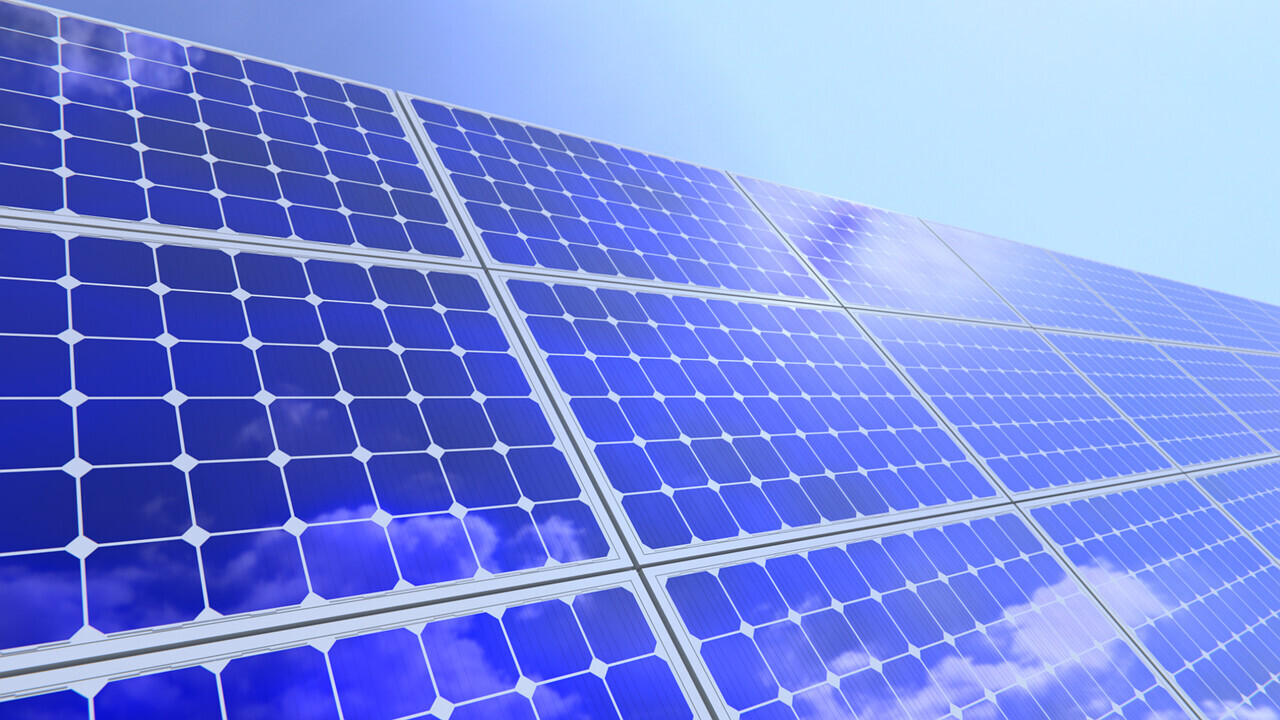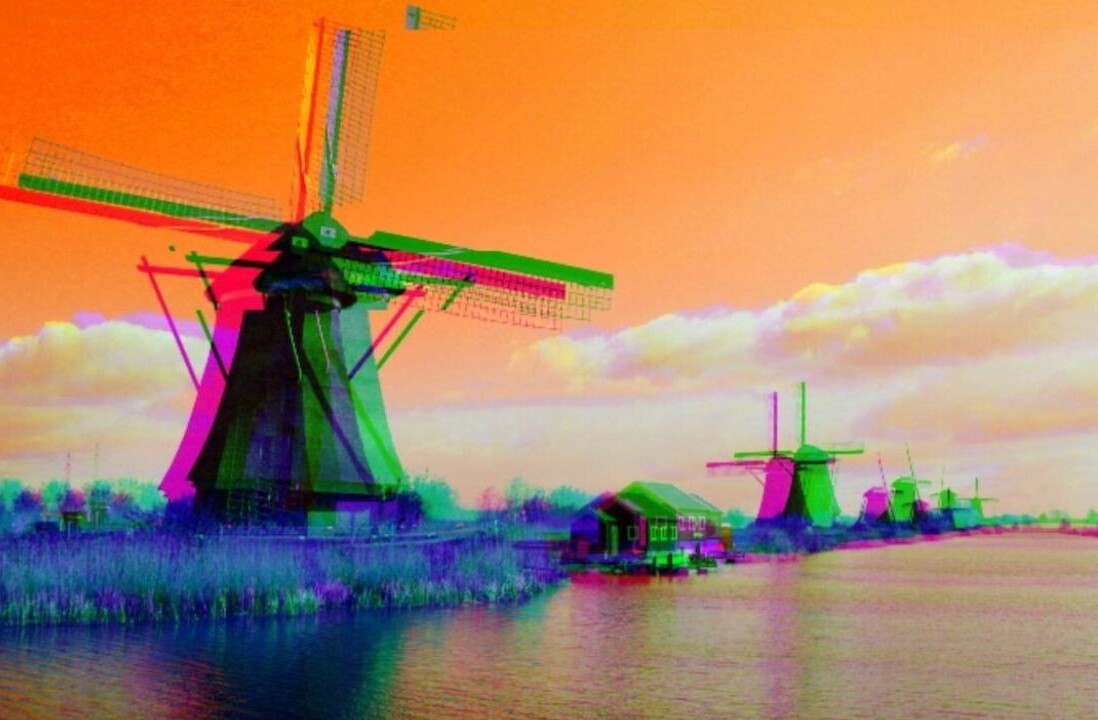
The EU’s Net-Zero Industry Act (NZIA) is set to enter into force by the end of June, following its final adoption today. The key regulation aims to ensure that homegrown clean tech can cover at least 40% of the bloc’s demands by 2030.
“Demand is growing in Europe and globally, and we are now equipped to meet more of this demand with European supply,” EU chief Ursula von der Leyen said in a statement.
The Union hopes that by boosting its domestic manufacturing capacity, it can reduce its reliance on external countries for net-zero technologies. This includes the bloc’s dependence on China for the import of solar panels.
Main measures of the NZIA
The act focuses on the production of a number of technologies that are strategic for the EU’s decarbonisation plans. These include solar power, batteries and energy storage, wind energy, and renewable hydrogen.
It also seeks to mobilise investment with the creation of more favourable processes, such as regulatory sandboxes and fast permit-granting.
In addition, the NZIA will focus on providing skills training and will introduce net-zero “valleys” with the goal to establish clusters that can boost manufacturing activity.
Global race for green tech
The NZIA is part of the EU’s Green Deal Industrial Plan which aims to make Europe “the home of clean tech.” But competition for leadership in green technologies is increasing, with the bloc risking falling behind international rivals.
One of them is the US. In 2022, the Biden Administration introduced the Inflation Reduction Act (IRA) — a $369-billion clean tech subsidy package targeted for North American-made products.
Since its announcement, EU leaders have voiced concerns over the act’s potential to discriminate against Union-based firms, or to lure them across the Atlantic.
Another rival is China. The Asian country dominates solar technology production, accounting for 80% of the global market. It’s also under EU investigation over unfair competition practices related to wind turbine production and supply.
It’s yet to be seen whether the NZIA, alongside the other initiatives of the Green Deal, will successfully attract the €1.5 trillion in annual investment that Brussels deems essential to achieve the EU’s latest climate objective. That is, a 90% reduction of CO2 emissions by 2040.
Get the TNW newsletter
Get the most important tech news in your inbox each week.





